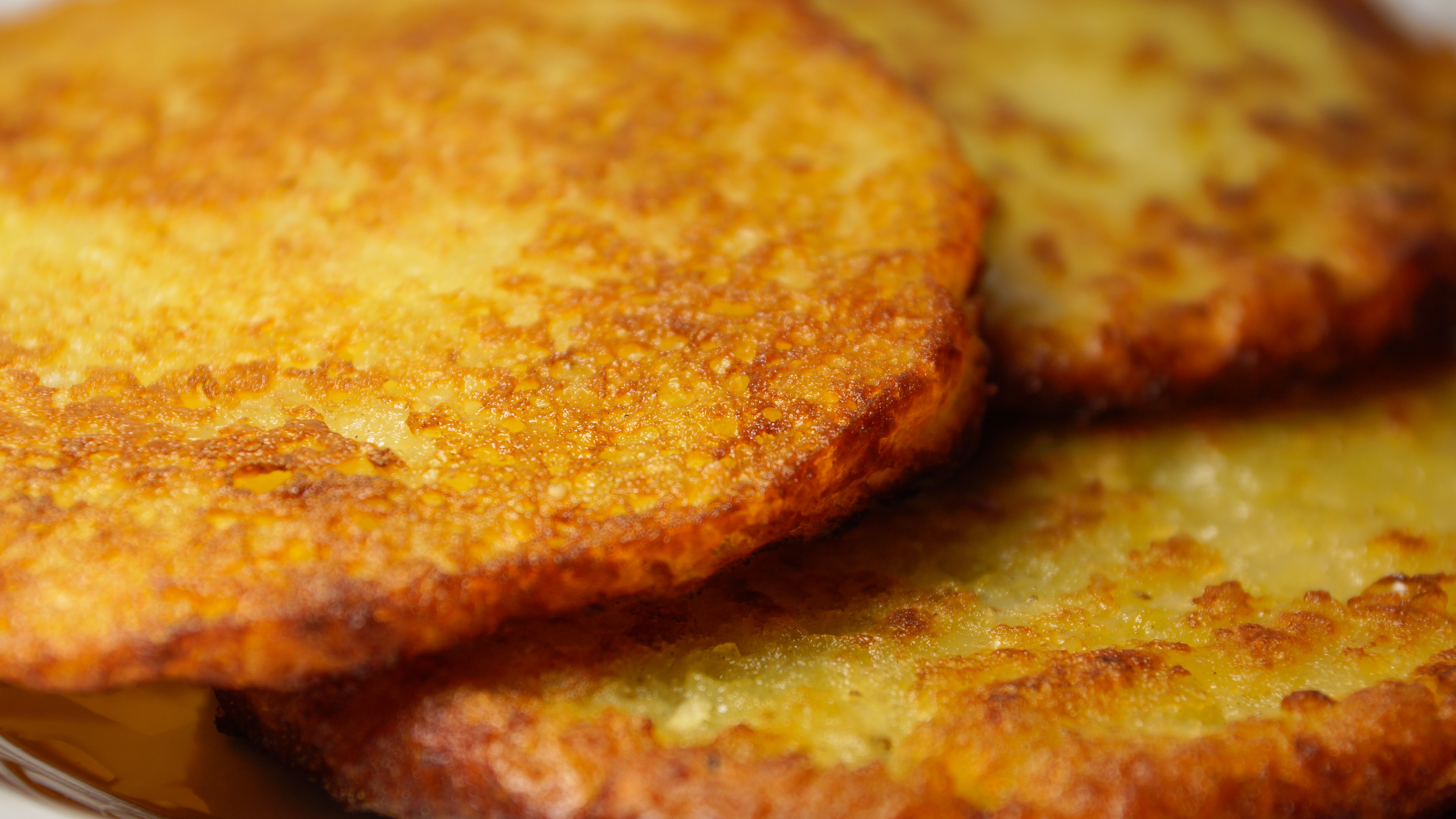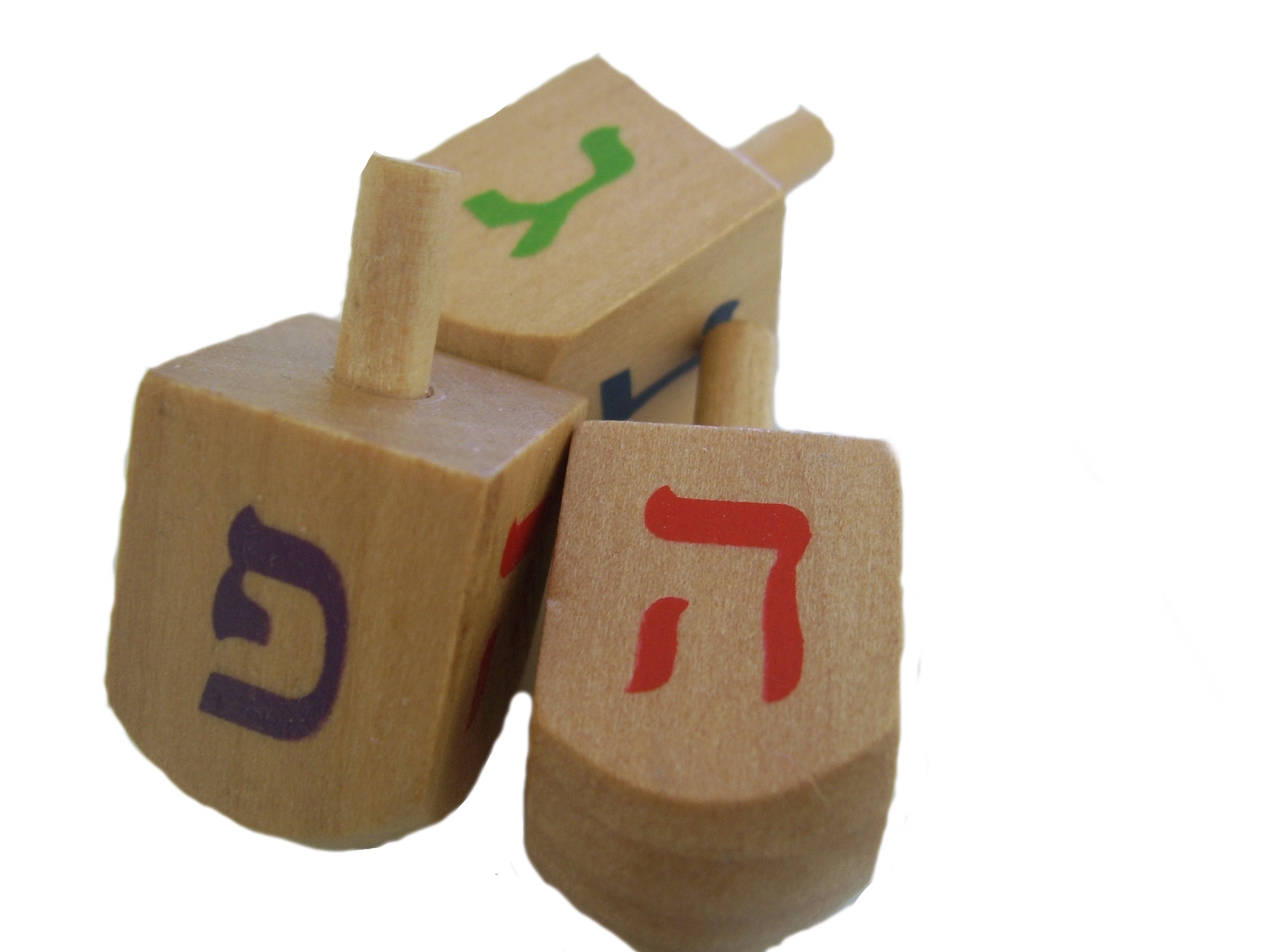Recycling Changes in Pittsburgh
By Marshall Hershberg
Chair of the SHUC Ped-Bike Commitee
For the Jewish people, late fall/early winter brings Hanukkah, the
By Marshall Hershberg
Chair of the SHUC Ped-Bike Commitee
For the Jewish people, late fall/early winter brings Hanukkah, the Jewish Festival of Lights. It begins on the 25th day of the Hebrew Calendar month of Kislev, which usually occurs in December, and continues for eight days.
Hanukkah commemorates a successful revolt of Jewish patriots in Judea that began in 167 BCE against the Greco-Syrian rulers.
During the two centuries following Alexander the Great’s death, Greco-Syrian influence over Jewish religious and secular life in Israel grew, but not without a degree of resistance from the people. Specifically, In 167 BCE, Antiochus Epiphanes, then the Greco-Syrian king, embarked upon a radical policy of forced Hellenization by issuing a decree forbidding Jewish rituals, such as Sabbath worship, circumcision, and the practice of sacrificing only kosher animals in the Jerusalem Temple. In that year, a contingent of Greek troops came to the Judean village of Modi’in, set up an altar, and ordered the Jews to sacrifice a pig – a non-kosher animal, directly defying Jewish religious law.
According to Jewish sources, Mattathias, a charismatic, traditional Jewish spiritual leader in Modi’in, reacted violently to that order. He and his five sons attacked the Greek troops and sparked a popular uprising and guerrilla war against the Hellenic rulers and their local Jewish sympathizers. Their revolt lasted approximately two years.
The rebels recaptured the Jerusalem Temple, purified it, and liberated the City and virtually all the Land of Israel of that time. They established a sovereign state known as the Hasmonean Commonwealth, which continued even as the Roman Empire replaced Greco-Syrian control over the Near East.
The Roman conquest of Jerusalem and the destruction of the Second Temple in Jerusalem in the year 70 CE. marked the end of Jewish independence in Judea/Palestine until the establishment of the current State of Israel in 1948. Despite that loss of sovereignty, through their celebration of Hanukkah, the Jewish people have, to this very day, continued to be inspired by the Hasmonean revolt with its commitment to religious freedom and its opposition to forced assimilation.
Equal to the Festival’s political significance, its religious significance grows out of the rededication of the Temple by the Hasmoneans – “Hanukkah” translates to “dedication” – and the story of a related miracle. According to Rabbinic tradition, when the Hasmoneans purified the Temple, there was only one day’s supply of olive oil for fueling the great lamp (“Menorah”) that was supposed to burn eternally in the Temple proper. The Menorah guarded the Temple’s innermost and holiest chamber – the “dwelling place” of the Almighty’s spirit and the very purpose of the Temple’s existence. By a miracle, the one-day supply of oil lasted for eight days, until new oil could be properly prepared.
Today, Jews commemorate this event by lighting candles on each day for eight days, starting on the 25th of Kislev, in special candelabra, properly called Hanukkiot, but also called Menorot (plural of Menorah, whose Hebrew root-word means “light”). Often there is a Hanukkah lamp for each family member. These lights serve only as a display in honor of the Festival and can have no other purpose. This display is a symbol of the return to Jerusalem of the Almighty’s spirit and the ideals it commands, not only for the Jewish people, but for humanity.
Hanukkah is also celebrated in other ways:
The oil-miracle is commemorated by preparing and indulging in fried foods such as potato pancakes (“latkes”) in the European tradition, and filled donuts (“sufganiyot”) in the Israeli/Middle Eastern tradition.
In addition, there is a special spinning top called a “dreidel” (“spinner” in the Yiddish language). It has four sides, each with a Hebrew letter corresponding to the sentence, “A great miracle happened there.” In Israel, appropriately, the fourth letter replaces “there” with “here.” Children of all ages “play dreidel,” spinning the top in a gambling game for pennies, candies, or other fun objects, where each letter represents a different amount of the pot.
Members of the Jewish community also exchange presents during Hanukkah. Along with the Festival’s usual December appearance, this custom creates a parallel with the Yuletide Season, despite the holidays’ difference in origin and character.
 Further, in keeping with the dedicatory spirit of Hanukkah, some congregations devote this period to conducting special projects of good deeds for the Jewish and general communities. For example, in 2015, Young Peoples Synagogue in Squirrel Hill collected winter clothing for donation to Goodwill Industries, food items and household goods for the Kosher Community Food Pantry, which serves any and all residents of Greater Pittsburgh, and funds for Reading Is Fundamental.
Further, in keeping with the dedicatory spirit of Hanukkah, some congregations devote this period to conducting special projects of good deeds for the Jewish and general communities. For example, in 2015, Young Peoples Synagogue in Squirrel Hill collected winter clothing for donation to Goodwill Industries, food items and household goods for the Kosher Community Food Pantry, which serves any and all residents of Greater Pittsburgh, and funds for Reading Is Fundamental.
Hanukkah is a manifestation of the Jewish people’s aspirations for the continuity and well-being of the faith community and cultural traditions. However, these occasions also demonstrate a commitment to social justice in the world at-large .